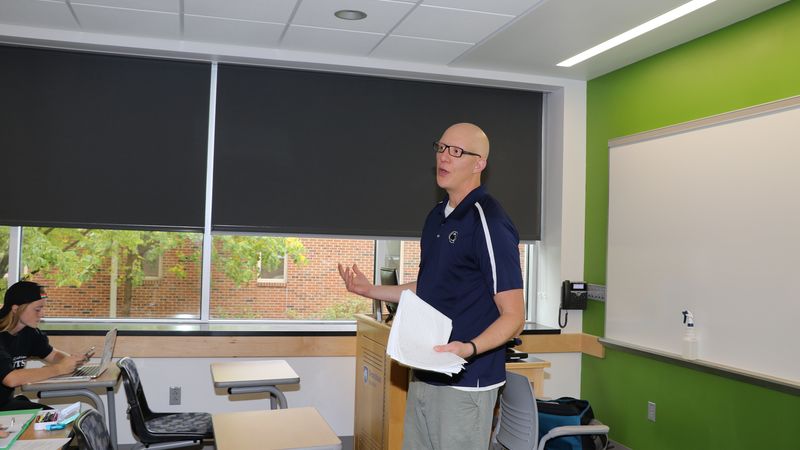'I lost my hair but I gained so much more'
A health condition of his own led to a research interest for Assistant Professor of Rehabilitation and Human Services Garrett Huck and gave him the desire to help improve the lives of others diagnosed with alopecia areata.
By: Goldie Van Horn


